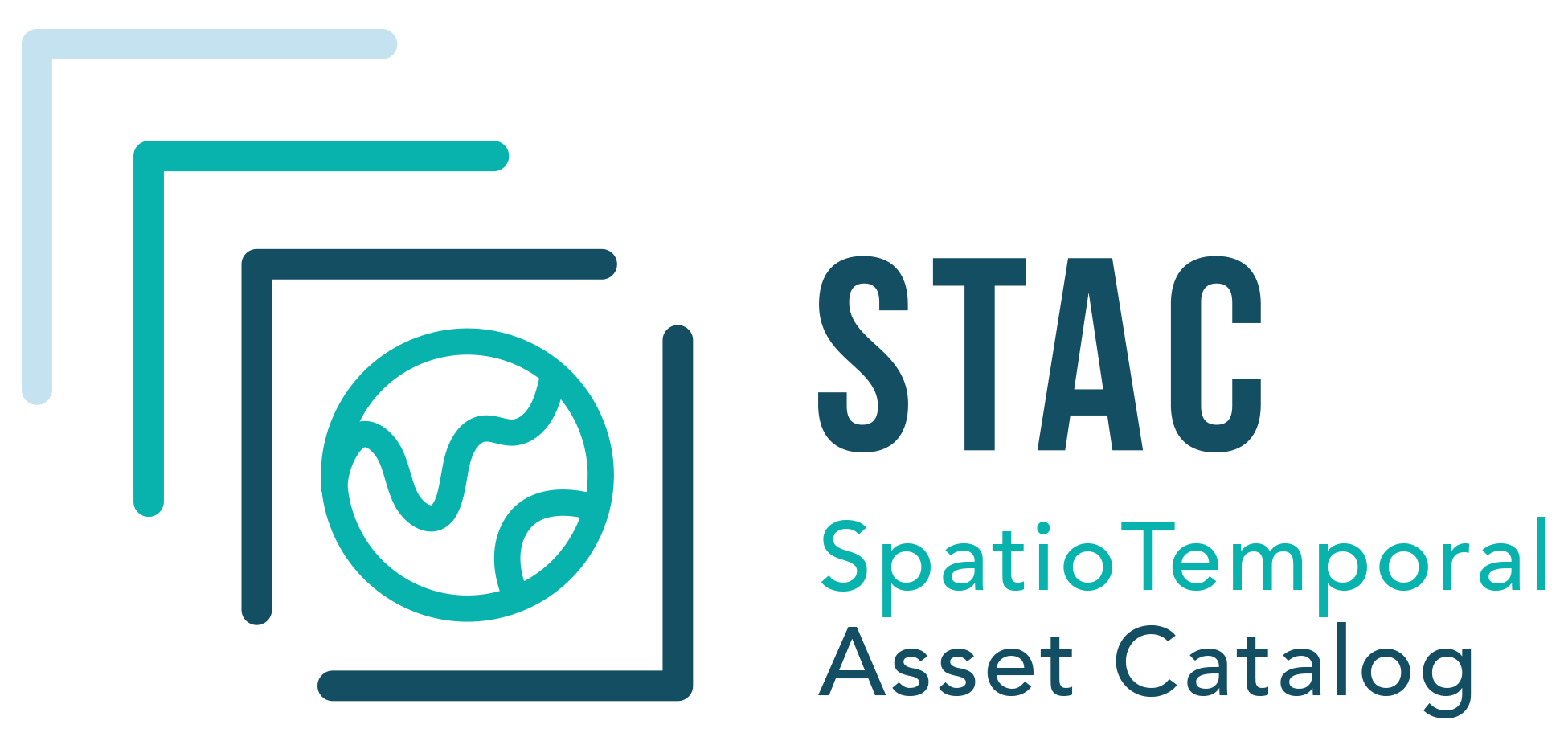from __future__ import annotations
from copy import deepcopy
from typing import TYPE_CHECKING, Any, Callable
import pystac
from pystac.serialization.identify import (
OldExtensionShortIDs,
STACJSONDescription,
STACVersionID,
)
from pystac.version import STACVersion
if TYPE_CHECKING:
from pystac import STACObjectType
def _migrate_catalog(
d: dict[str, Any], version: STACVersionID, info: STACJSONDescription
) -> None:
d["type"] = pystac.STACObjectType.CATALOG
def _migrate_collection_summaries(
d: dict[str, Any], version: STACVersionID, info: STACJSONDescription
) -> None:
if version < "1.0.0-rc.1":
for prop, summary in d.get("summaries", {}).items():
if isinstance(summary, dict) and "min" in summary and "max" in summary:
d["summaries"][prop] = {
"minimum": summary["min"],
"maximum": summary["max"],
}
def _migrate_collection(
d: dict[str, Any], version: STACVersionID, info: STACJSONDescription
) -> None:
d["type"] = pystac.STACObjectType.COLLECTION
_migrate_collection_summaries(d, version, info)
def _migrate_item(
d: dict[str, Any], version: STACVersionID, info: STACJSONDescription
) -> None:
# No migrations necessary for supported STAC versions (>=0.8)
pass
# Extensions
def _migrate_item_assets(
d: dict[str, Any], version: STACVersionID, info: STACJSONDescription
) -> set[str] | None:
if version < "1.0.0-beta.2":
if info.object_type == pystac.STACObjectType.COLLECTION:
if "assets" in d:
d["item_assets"] = d["assets"]
del d["assets"]
return None
def _migrate_datetime_range(
d: dict[str, Any], version: STACVersionID, info: STACJSONDescription
) -> set[str] | None:
if version < "0.9":
# Datetime range was removed
if (
"dtr:start_datetime" in d["properties"]
and "start_datetime" not in d["properties"]
):
d["properties"]["start_datetime"] = d["properties"]["dtr:start_datetime"]
del d["properties"]["dtr:start_datetime"]
if (
"dtr:end_datetime" in d["properties"]
and "end_datetime" not in d["properties"]
):
d["properties"]["end_datetime"] = d["properties"]["dtr:end_datetime"]
del d["properties"]["dtr:end_datetime"]
return None
def _get_object_migrations() -> (
dict[str, Callable[[dict[str, Any], STACVersionID, STACJSONDescription], None]]
):
return {
pystac.STACObjectType.CATALOG: _migrate_catalog,
pystac.STACObjectType.COLLECTION: _migrate_collection,
pystac.STACObjectType.ITEM: _migrate_item,
}
def _get_removed_extension_migrations() -> dict[
str,
tuple[
list[STACObjectType] | None,
None
| (
Callable[
[dict[str, Any], STACVersionID, STACJSONDescription],
set[str] | None,
]
),
],
]:
"""Handles removed extensions.
This does not handle renamed extension or extensions that were absorbed
by other extensions; for instance the FileExtensions handles the migration of
the since replaced 'checksum' extension.
Dict of the extension ID to a tuple of optional list of STACObjectType which it was
removed for (or None if removed from all), and an optional migrate function
that can modify the object in case the extension was removed but the properties
were moved.
"""
return {
# -- Removed in 1.0
# assets in collections became a core property
OldExtensionShortIDs.COLLECTION_ASSETS.value: (None, None),
# Extensions that were placed on Collections that applied to
# the 'commons' properties of their Items, but since the commons
# property merging has went away these extensions are removed
# from the collection. Note that a migrated Collection may still
# have a "properties" in extra_fields with the extension fields.
OldExtensionShortIDs.EO.value: ([pystac.STACObjectType.COLLECTION], None),
OldExtensionShortIDs.FILE.value: ([pystac.STACObjectType.COLLECTION], None),
OldExtensionShortIDs.LABEL.value: ([pystac.STACObjectType.COLLECTION], None),
OldExtensionShortIDs.POINTCLOUD.value: (
[pystac.STACObjectType.COLLECTION],
None,
),
OldExtensionShortIDs.PROJECTION.value: (
[pystac.STACObjectType.COLLECTION],
None,
),
OldExtensionShortIDs.SAR.value: ([pystac.STACObjectType.COLLECTION], None),
OldExtensionShortIDs.SAT.value: ([pystac.STACObjectType.COLLECTION], None),
OldExtensionShortIDs.TIMESTAMPS.value: (
[pystac.STACObjectType.COLLECTION],
None,
),
OldExtensionShortIDs.VIEW.value: ([pystac.STACObjectType.COLLECTION], None),
# tiled-assets was never a fully published extension;
# remove reference to the pre-1.0 RC short ID
OldExtensionShortIDs.TILED_ASSETS.value: (None, None),
# Single File STAC is a removed concept; is being reworked as of
# STAC 1.0.0-RC.3. Remove short ID from PySTAC as it's unsupported
OldExtensionShortIDs.SINGLE_FILE_STAC.value: (None, None),
# -- Removed in 0.9.0
"dtr": (None, _migrate_datetime_range),
"datetime-range": (None, _migrate_datetime_range),
"commons": (None, None),
}
# TODO: Item Assets
def _get_extension_renames() -> dict[str, str]:
return {"asset": "item-assets"}
[docs]def migrate_to_latest(
json_dict: dict[str, Any], info: STACJSONDescription
) -> dict[str, Any]:
"""Migrates the STAC JSON to the latest version
Args:
json_dict : The dict of STAC JSON to identify.
info : The info from
:func:`~pystac.serialization.identify.identify_stac_object` that describes
the STAC object contained in the JSON dict.
Returns:
dict: A copy of the dict that is migrated to the latest version (the
version that is pystac.version.STACVersion.DEFAULT_STAC_VERSION)
"""
result = deepcopy(json_dict)
version = info.version_range.latest_valid_version()
object_migrations = _get_object_migrations()
removed_extension_migrations = _get_removed_extension_migrations()
if version != STACVersion.DEFAULT_STAC_VERSION:
object_migrations[info.object_type](result, version, info)
result["stac_version"] = STACVersion.DEFAULT_STAC_VERSION
# Ensure stac_extensions property for consistency
result["stac_extensions"] = result.get("stac_extensions", None) or []
pystac.EXTENSION_HOOKS.migrate(result, version, info)
for ext in result["stac_extensions"][:]:
if ext in removed_extension_migrations:
object_types, migration_fn = removed_extension_migrations[ext]
if object_types is None or info.object_type in object_types:
if migration_fn:
migration_fn(result, version, info)
result["stac_extensions"].remove(ext)
return result
